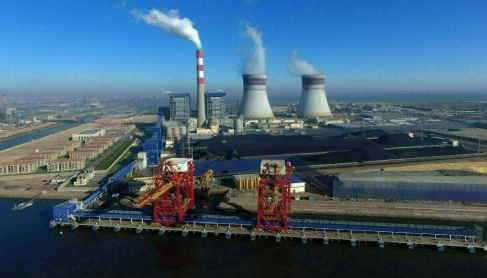ISLAMABAD: The planned 300 MW coal-fired power plant in Gwadar, a key component of the China-Pakistan Economic Corridor (CPEC), is facing serious financial and regulatory challenges, according to a detailed letter from M/s CIHC Pak Power Company Limited (CPPCL) to the Private Power and Infrastructure Board (PPIB).
CPPCL Chairman Zhao Bo raised concerns over delayed approvals, foreign exchange losses, and restrictions on currency conversion, which have rendered the project commercially unviable in its current form. In his letter to Shah Jahan Mirza, Managing Director of PPIB, Zhao confirmed that CPPCL submitted its Performance Guarantee (PG) on March 21, 2025, meeting all conditions required to extend the project’s Letter of Support (LoS) until March 31, 2028.
However, the company received a notice from PPIB demanding payment of the Financial Closing Date extension fee — a move CPPCL says contradicts Clause 5 of the 2019 LoS, which exempts sponsors from such fees if delays are caused by government agencies or unforeseen events.
Zhao emphasized that the delays stem from force majeure events and government-related bottlenecks, and invoked key legal principles — including lex specialis derogat legi generali and contractual reciprocity — arguing that PPIB’s unilateral fee enforcement is legally flawed. He also cited Clause 3A of the 2018 Fee Regulations, which provides exemption from fees when delays are beyond the sponsor’s control, particularly under revised IGCEP timelines.
CPPCL also highlighted that it has already spent over \$22 million on development — more than double NEPRA’s approved limit — and paid \$1 million in PPIB processing fees. Imposing further charges could threaten the project’s viability, Zhao warned.
To avoid further delays, the company has agreed to pay the \$150,000 extension fee under protest, without waiving its right to seek compensation, recover losses, or pursue legal remedies.
Despite tariff approval, CPPCL continues to face delays in payment, exchange rate losses, and uncertainty in financing — all of which are hampering the project’s progress.
Calling for urgent intervention, CPPCL urged PPIB to uphold the spirit of the LoS and support the project’s advancement under CPEC. The company reaffirmed its commitment to collaborate on practical solutions to salvage the project.
Story by Mushtaq Ghumman






